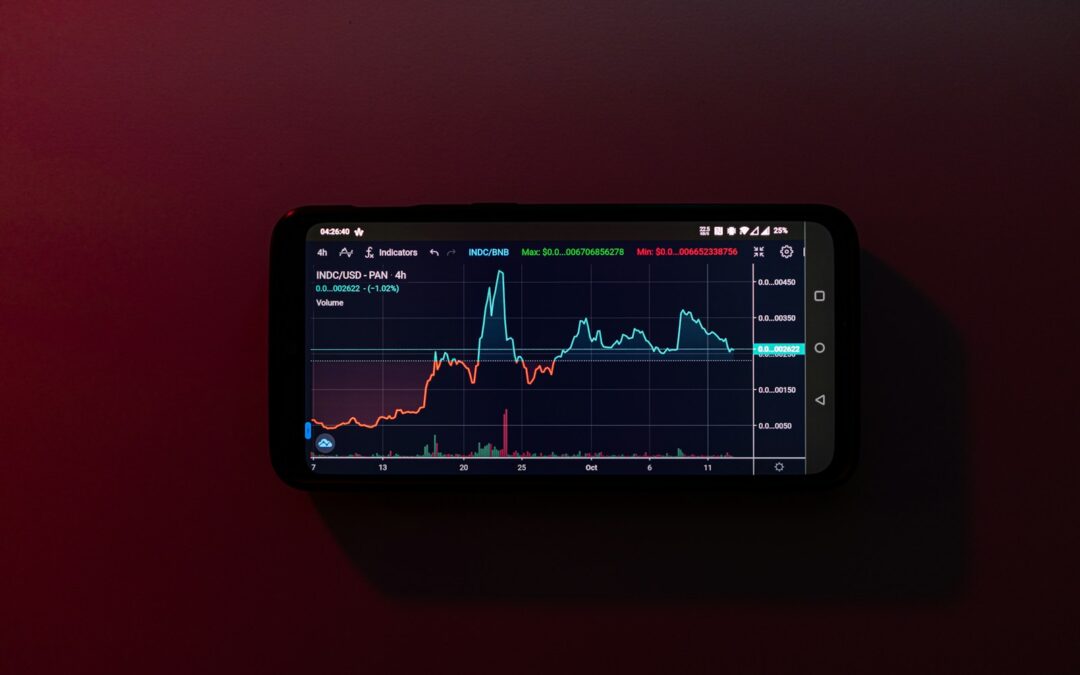How Blockchain is Transforming the Swiss Real Estate Market
The Role of Blockchain in Property Transactions
The integration of blockchain in Swiss real estate is reshaping the property market by enhancing transparency and efficiency in property transactions. Traditionally, real estate deals involve multiple intermediaries and significant paperwork, leading to potential delays and opportunities for errors. Blockchain technology, with its decentralized and immutable ledger system, addresses these challenges by streamlining processes and providing a clear, verifiable record of every transaction. This shift is particularly relevant for the Swiss real estate market, known for its high-value properties and stringent legal requirements.
By using blockchain, Swiss real estate transactions become more secure, with digital smart contracts ensuring that all terms are met before a property sale is finalized. These automated contracts reduce the need for third-party verification and lower transaction costs. Furthermore, blockchain offers transparency by recording each transaction in a tamper-proof ledger, making it nearly impossible to alter data without detection. This technological advancement is revolutionizing the way real estate deals are conducted, creating a more efficient and trustworthy market.
Increased Transparency in Property Ownership and Transactions
One of the most significant impacts of blockchain in Swiss real estate is the increased transparency in property ownership and transactions. The blockchain ledger stores detailed records of ownership, liens, and property rights, making it accessible to all relevant parties. This eliminates the possibility of disputes over ownership, as all records are publicly verifiable and secure. In a market like Switzerland, where foreign investors and cross-border transactions are common, blockchain enhances trust and mitigates the risks of fraudulent activity.
For instance, property buyers and sellers can now verify ownership history, legal compliance, and property conditions without relying on intermediaries such as lawyers or notaries. This reduces the time it takes to close deals and increases confidence in the transaction process. Furthermore, governments and regulatory bodies can use blockchain data to monitor real estate activities and ensure that all legal and tax obligations are met. The transparency provided by blockchain is a significant step toward a more open and accessible Swiss real estate market.
Streamlining the Swiss Real Estate Market with Blockchain
The implementation of blockchain in Swiss real estate is also streamlining processes by reducing administrative burdens and improving the speed of transactions. With traditional property deals, buyers and sellers must navigate a complex web of contracts, legal documents, and financial agreements. Blockchain simplifies these tasks by digitizing and automating them through smart contracts, which execute automatically when conditions are met. This reduces the need for manual intervention and speeds up the process significantly.
Additionally, blockchain can improve cross-border real estate transactions, which are prevalent in Switzerland due to its global appeal. The technology allows for secure, real-time verification of documents and payments, reducing delays and enhancing international investor confidence. Swiss real estate firms are beginning to recognize the value of blockchain in creating a more efficient and competitive market, attracting both domestic and international buyers with its promise of security, transparency, and reduced costs.
The Future of Blockchain in Swiss Real Estate
Blockchain’s Potential to Democratize the Real Estate Market
One of the most promising aspects of blockchain in Swiss real estate is its potential to democratize the market. Traditionally, real estate investment has been reserved for wealthy individuals or institutional investors due to high entry costs. However, blockchain enables the fractional ownership of properties, allowing investors to buy and trade small shares in real estate assets. This opens up opportunities for a broader range of people to invest in the Swiss real estate market, creating more liquidity and a more dynamic marketplace.
By tokenizing real estate assets, blockchain allows for easy transfer of ownership, reducing barriers to entry and enabling individuals to diversify their investment portfolios. This shift has the potential to bring more capital into the Swiss real estate sector and increase market activity. For Swiss cities like Zurich, Geneva, and Basel, blockchain could create new investment opportunities and contribute to the overall growth of the property market.
Enhancing Security and Reducing Fraud with Blockchain
Another critical advantage of blockchain in Swiss real estate is its ability to enhance security and reduce fraud. Real estate fraud, such as the sale of properties without legitimate ownership or forged documents, can be a costly issue. Blockchain’s decentralized nature ensures that all data entered into the system is verified and cannot be altered, providing a robust defense against fraudulent activity.
In Switzerland, where property rights are highly protected, blockchain offers an additional layer of security. Each transaction is logged in a distributed ledger, making it visible to all parties involved and ensuring that no changes can be made without consensus. This not only reduces the risk of fraud but also simplifies the process of verifying ownership and transaction history. For Swiss buyers and sellers, the adoption of blockchain represents a significant leap forward in ensuring that property deals are conducted fairly and securely.
Conclusion: Blockchain’s Role in the Evolution of Swiss Real Estate
The integration of blockchain in Swiss real estate is reshaping the industry by increasing transparency, reducing fraud, and streamlining transactions. As blockchain technology continues to evolve, it holds the potential to democratize real estate investments and make the Swiss property market more accessible to a broader range of investors. The ability to tokenize assets, automate contracts, and create a tamper-proof ledger system is revolutionizing how property deals are conducted, positioning Switzerland at the forefront of innovation in the real estate sector.
As Swiss businesses and regulatory bodies continue to embrace blockchain, the country’s real estate market is set to become more efficient, secure, and transparent. With these advancements, blockchain will play a vital role in shaping the future of Swiss real estate, offering both local and international investors greater confidence in their transactions and promoting long-term growth in this valuable market.
—
#Blockchain, #SwissRealEstate, #PropertyTransactions, #Transparency, #BlockchainTechnology, #RealEstateAdvancements, #Switzerland













